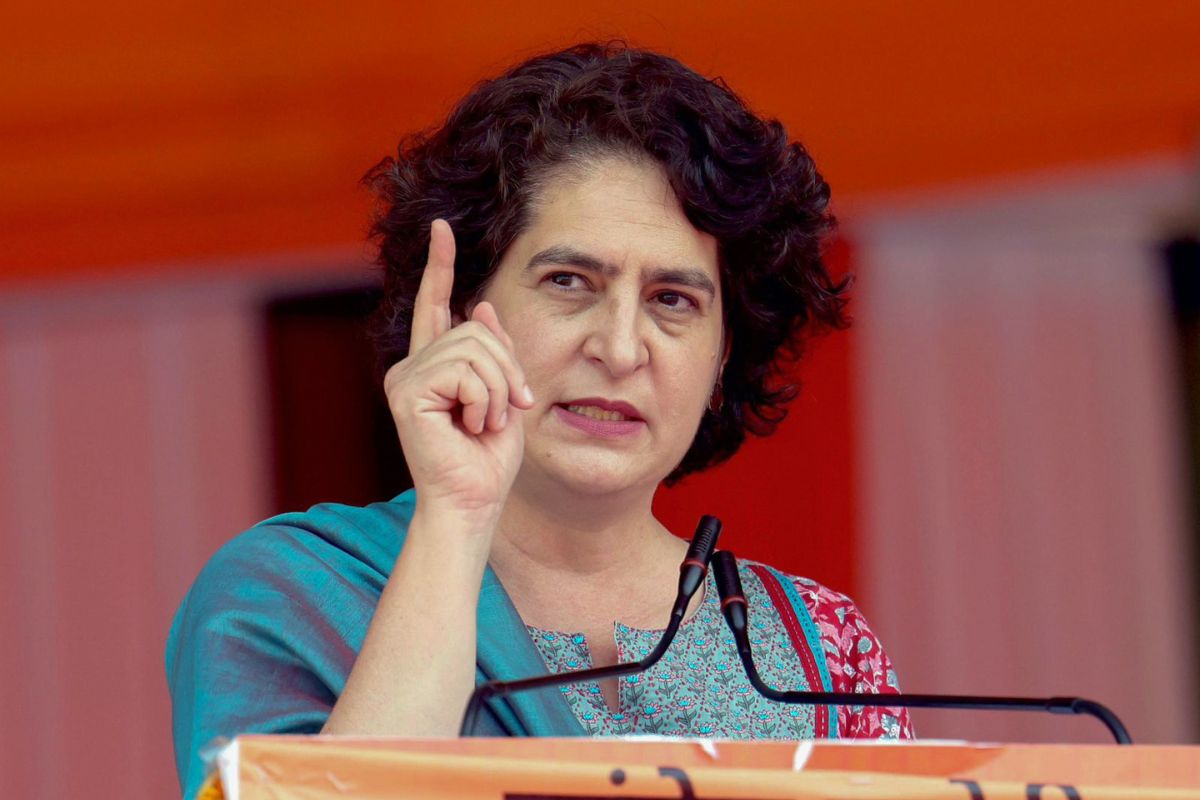In the upcoming bypoll in Wayanad, Kerala, a familiar family legacy has once again taken centre-stage. With Priyanka Gandhi Vadra stepping into the political spotlight, her connection to the Nehru-Gandhi lineage has become a defining element of her campaign. As she rallies in Wayanad, a constituency known for its support for her brother, Rahul Gandhi, her candidacy is both a calculated strategy by the Congress Party and a test of her own influence and appeal. Ms Gandhi’s presence in Wayanad is intriguing on multiple levels. First, her political lineage and resemblance to her grandmother, Indira Gandhi, play a central role. For many, the memory of Indira as a strong, decisive leader remains vivid, and her granddaughter’s image seems crafted to evoke this nostalgia. In a region where traditional loyalty to the Congress is strong, this focus on family ties has sparked a sense of familiarity and pride among voters.
Her supporters view her as a continuation of Indira’s legacy, seeing her as someone who embodies both resilience and empathy. This aspect of her campaign has been carefully cultivated, down to the visual cues and language used in her rallies. However, while nostalgia and symbolism are powerful, they may not be enough to address the concerns of Wayanad’s voters, who face real challenges. The constituency’s agricultural belt has been grappling with ongoing issues related to farmer welfare and economic instability. Many residents are wary of promises, particularly those that seem tied to sentiment rather than concrete action. The younger generation, though drawn to Ms Gandhi’s novelty as a new face in the constituency, also seeks practical solutions that will improve their economic and educational opportunities. The challenge, therefore, is whether Ms Gandhi can transcend the family identity and connect with these pressing local issues. One of the striking features of Ms Gandhi’s campaign has been her effort to engage with regional concerns, such as supporting youth in sports and acknowledging the constituency’s agricultural needs. Yet, for some voters, this rhetoric feels similar to what they have heard before. Farmers, especially, are cautious.
Advertisement
They have seen their concerns overlooked repeatedly, despite the Congress’s long-standing presence in Kerala. This scepticism reflects a broader need for change, one that moves beyond legacy politics. The display of green, symbolising unity with its ally, IUML, in Wayanad, is a subtle reminder of the coalition’s collective interests. For the Congress, balancing these alliances while presenting Ms Gandhi as a unifying leader will be essential. Ultimately, Ms Gandhi’s campaign in Wayanad will test the reach and relevance of family legacy in modern Indian politics. If she can bridge the gap between nostalgia and actionable change, she may reignite support for the Congress in Kerala. Yet, for many voters, loyalty may no longer be enough. The path to success lies in addressing Wayanad’s unique needs with sincerity and a commitment that extends beyond the family name.











